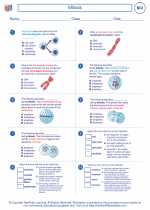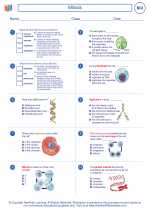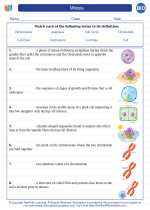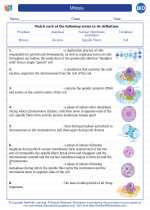Medical Ethics
Medical ethics is a branch of ethics that deals with the moral principles and values governing medical practice and research. It involves making decisions about patient care, balancing the interests of patients and those of the wider society, and considering the implications of medical advancements for individuals and communities.
Key Concepts in Medical Ethics
- Autonomy: Respect for the patient's right to make their own decisions about their healthcare.
- Beneficence: The duty to act in the best interests of the patient and to promote their well-being.
- Non-maleficence: The obligation to do no harm to the patient and to minimize the risk of harm.
- Justice: Fair distribution of healthcare resources and the obligation to treat all patients equally and impartially.
- Veracity: The principle of truth-telling and honesty in the patient-doctor relationship.
- Confidentiality: The duty to protect the privacy and confidentiality of patient information.
Ethical Issues in Medicine
Medical ethics addresses a wide range of issues, including:
- End-of-life care and euthanasia
- Abortion and reproductive rights
- Medical research and experimentation on human subjects
- Access to healthcare and healthcare disparities
- Genetic testing and gene editing
- Informed consent and patient decision-making
Study Guide
To understand medical ethics, it's important to study the following:
- Historical development of medical ethics
- Case studies illustrating ethical dilemmas in healthcare
- Legal and regulatory frameworks governing medical practice
- Ethical guidelines and codes of conduct for healthcare professionals
- Contemporary debates and controversies in medical ethics
Additionally, students should be familiar with the ethical principles of autonomy, beneficence, non-maleficence, justice, veracity, and confidentiality, and how these principles are applied in various medical scenarios.
Understanding medical ethics is essential for healthcare professionals to navigate complex ethical issues and provide compassionate and ethical care to patients.
.◂Biology Worksheets and Study Guides High School. Mitosis

 Worksheet/Answer key
Worksheet/Answer key
 Vocabulary/Answer key
Vocabulary/Answer key
 Vocabulary/Answer key
Vocabulary/Answer key
 Vocabulary/Answer key
Vocabulary/Answer key
